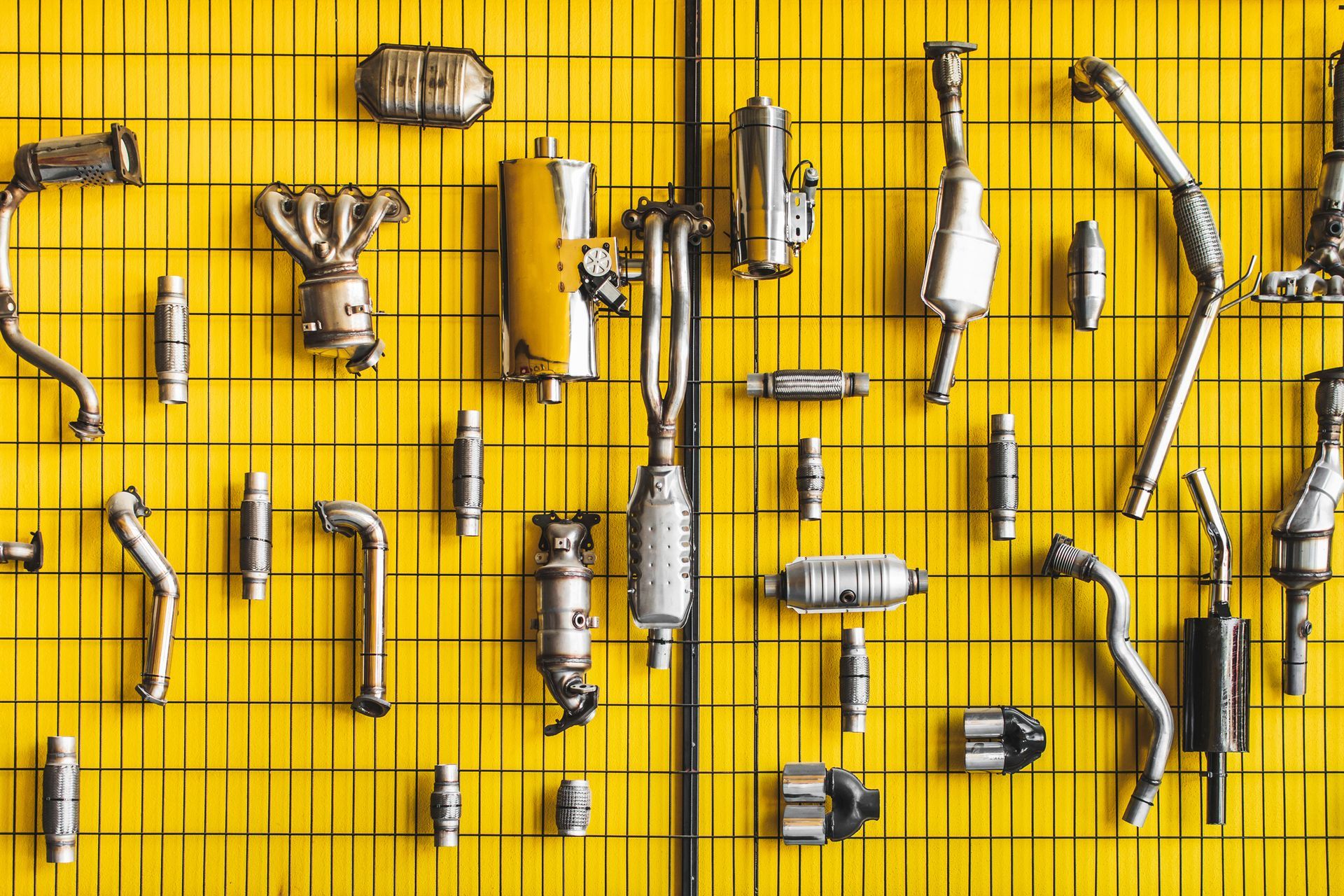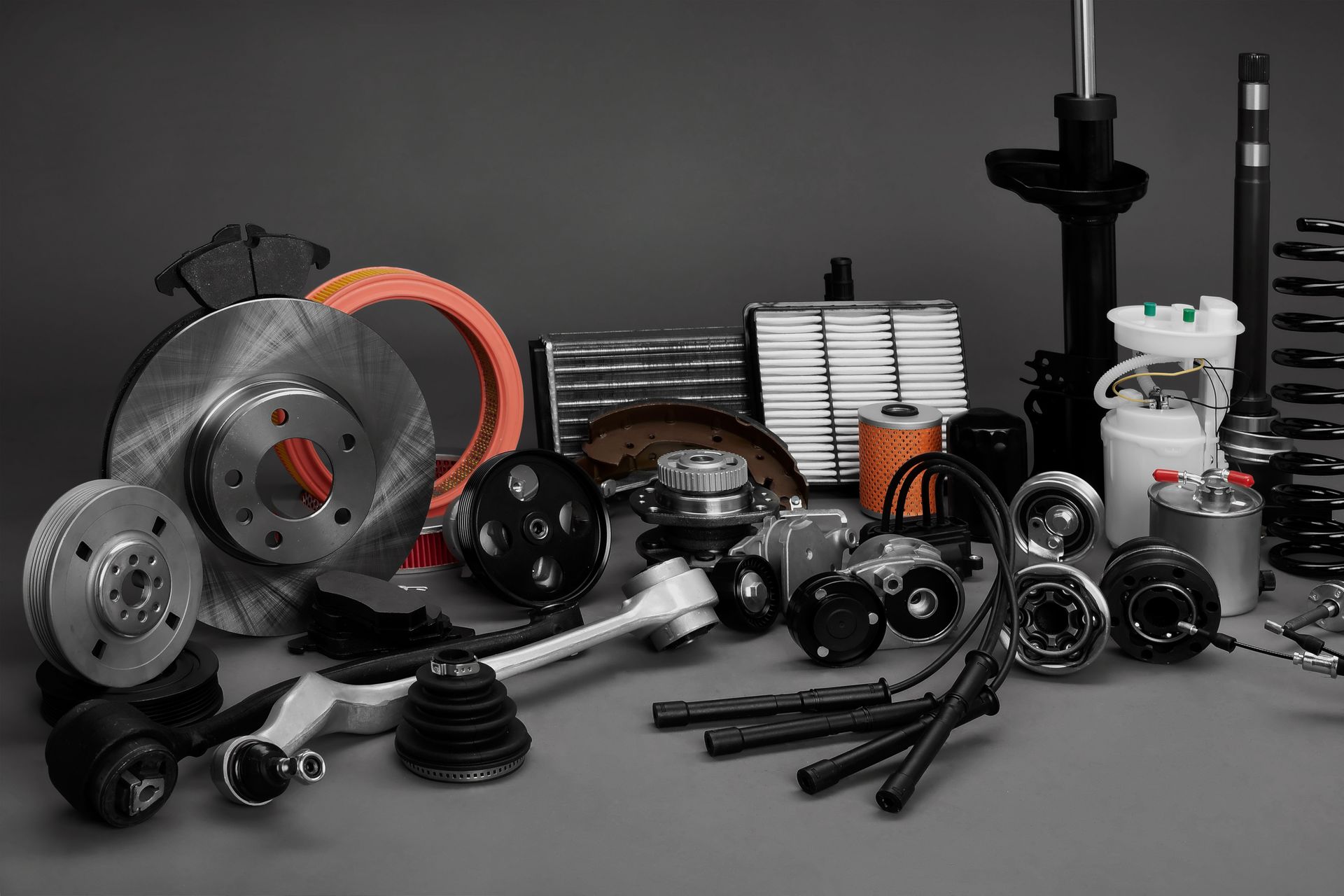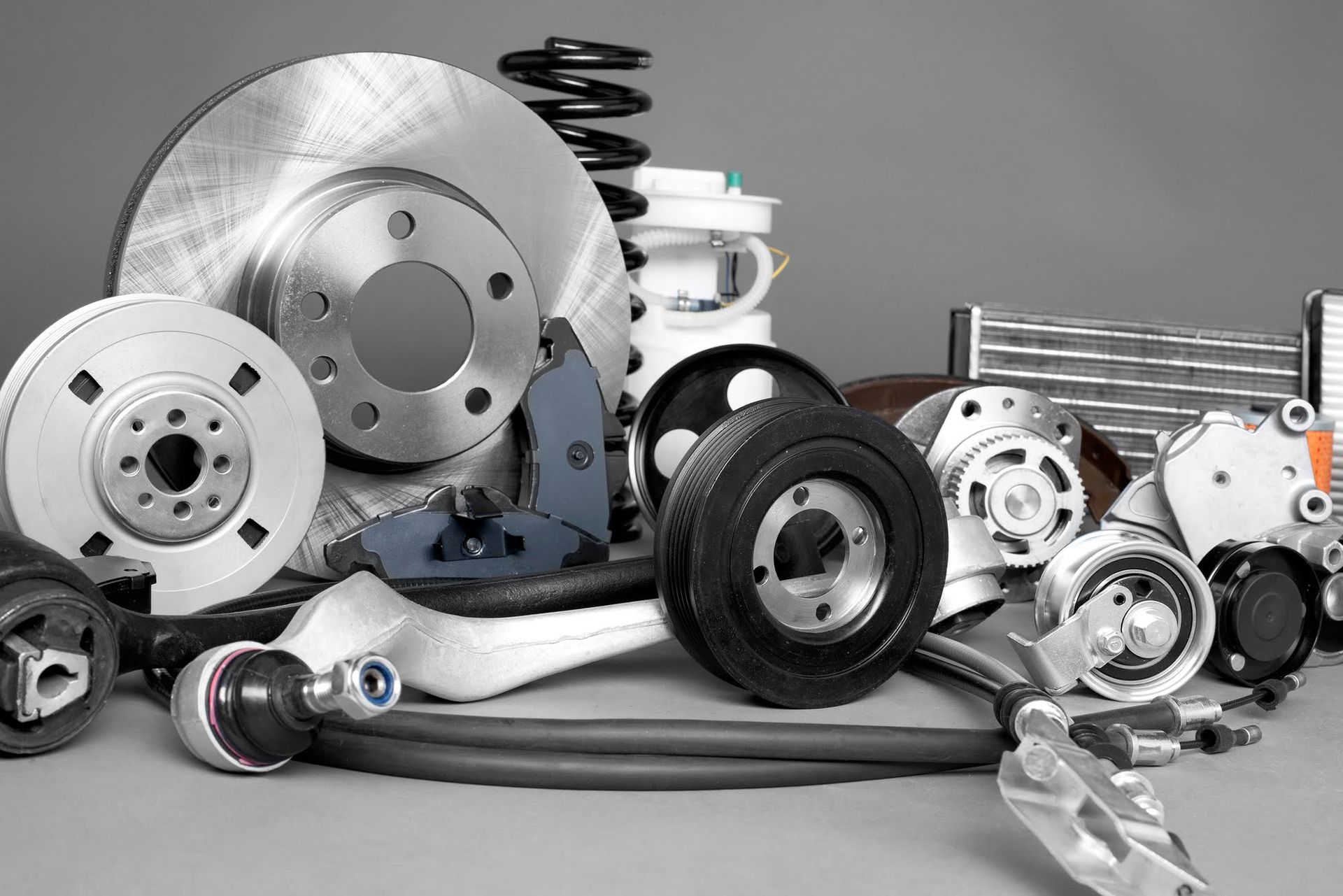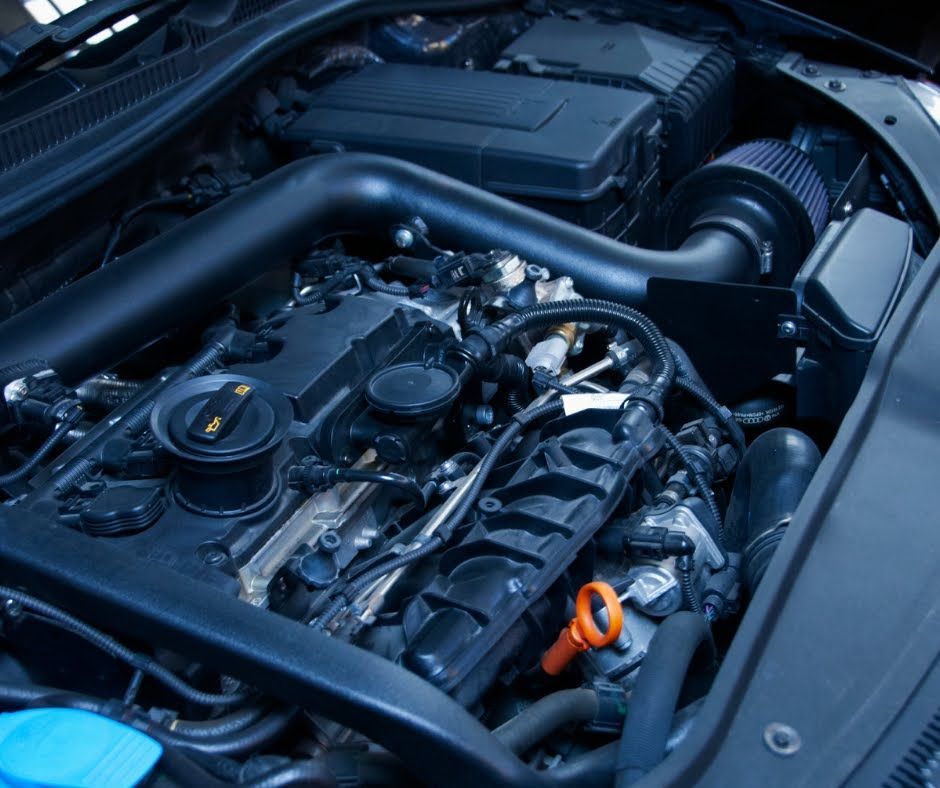Is It Time for a Timing Belt Replacement?
The timing belt facilitates the engine's synchronization, allowing the crankshaft and camshaft to move in time with each other. And since the engine is like the heart of your car – if the timing belt fails, the engine won't work efficiently.
As such, you cannot afford to have the timing belt fail unexpectedly, as the issue is inconvenient and may damage the car's internal components. Discover some signs that your car's timing belt is failing and needs replacement to help you take proactive action.
Age of Your Car
Your engine has a recommended life span for its timing belt, usually indicated in the owner's manual. Most cars' engines start to act up after 2000-4000 RPM to indicate a loose or worn-out timing belt.
If you suspect your car has exceeded the recommended life span for its timing belt, let a professional inspect it immediately to prevent costly repairs.
Unusual Noises
If you hear unusual noises, such as screeching from the engine area, this sound may indicate an issue with the timing belt. For instance, the low oil pressure may cause the tensioner not to provide enough tension to the belt, which may result in the belt stretching and becoming loose.
Inadequate pressurization may also cause the camshafts to lock up, resulting in a tapping or clicking noise coming from the engine.
Car Starting Problems
As mentioned earlier, the timing belt affects your engine's efficiency and performance. If your car starts to falter when trying to start, it could be due to an issue with the timing belt. A loose or worn-out belt may cause a delayed engine reaction, resulting in starting problems for your car.
For example, if the timing belt slips on the camshaft, the issue may compromise the engine cylinder's opening and closing times. In the same way, a worn-out timing belt may skip several teeth, resulting in longer engine ignition times.
Oil Leaks
If you notice any leak, such as oil or coolant, coming from the engine area, that could mean that your timing belt is loose or worn out. A leaking head gasket may also indicate a faulty timing belt.
Act quickly and seek professional help if you see these signs. If left unattended, the issue may worsen and result in costly repairs, so addressing them early can save you time and money.
Engine Light Problems
Any malfunctioning part in your car will trigger a warning light on the dashboard. If you notice that your engine warning light is lit, it's best to take your car for an inspection as soon as possible. For example, a faulty timing belt can cause the check engine light to come on and could indicate further problems with the belt.
For example, your vehicle may stop suddenly when the timing belt fails, which is risky. So, let a professional check the timing belt for signs of overheating and replace it if needed.
Vibrations
Vibrations coming from the engine area can be an indication of a worn-out timing belt. A loose or broken timing belt can cause the engine to vibrate, as it cannot maintain the correct synchronization of its internal components.
If you are experiencing any of these signs, check your car and potentially replace your timing belt. Always keep an eye on the condition of this vital component so you don't end up stuck in a dangerous situation.
Before replacing your timing belt, research and find out which best suits your car's needs. This step is essential as not all belts are made equal – some may offer more performance while others may have a longer life span.
You can trust us at Padco Auto Parts to provide your car with the best quality timing belts. We offer a wide selection of timing belts to fit your specific make and model, so contact us today for all your auto parts needs.
















